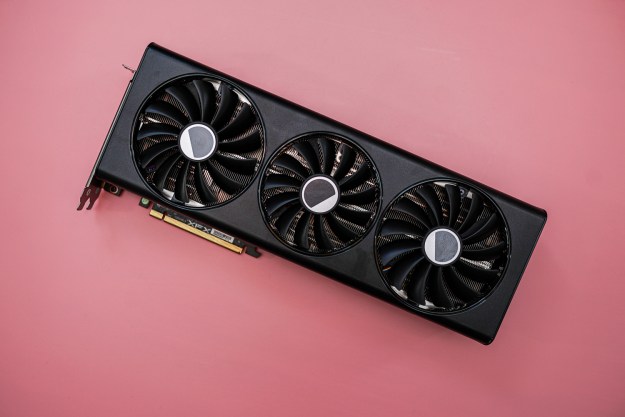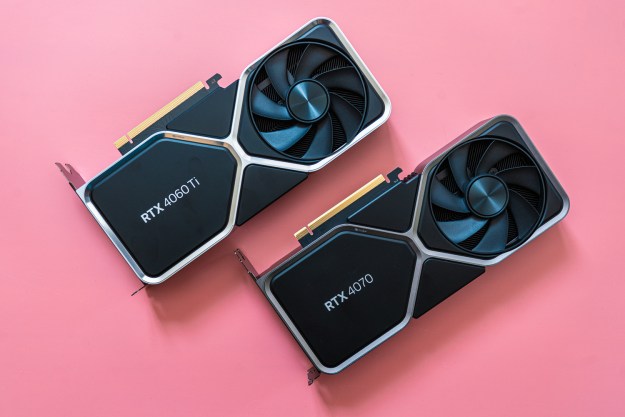
Collision 2019 is ostensibly a startup show, with nearly 1,100 fledgling companies, 26,000 attendees, and conference tracks for pitching venture capitalists called “Growth Summit,” “MoneyConf,” and simply, “PITCH.” I spent half an hour last night marveling at a 16-year-old who had charmed his way into the show on sheer chutzpah; he had four “billion-dollar-ideas” he’d come up with last night alone, running from better nuclear power plants to drones to solar panels and more.
But another theme from the 2019 Collision conference quietly linked the smug VC guys in slick suits to the fin-tech startups and the A.I. companies and the data scientists: fixing the world’s woes.
“When you start seeing those digital divides of people excluded, that’s when we get into trouble as communities and as a society,” said Canadian Prime Minister Justin Trudeau on opening day.
It started with the show itself, which was 45.7 percent female, making it the most diverse in the show’s short history and representing a huge shift from the rest of the tech world. Collision put women front and center through a dedicated Women in Tech section spotlighting female leaders, as well as a collection of high-profile female speakers. It was a welcome change from Mobile World Congress, which had so few women this year that merely seeing one in the corridors of the Fira Gran Via convention center in Barcelona, Spain, was like spying a leprechaun.
It ran through panelists, who were often bluntly dedicated to doing good. On Tuesday, during a section called Planet:tech, the CEO of Oceana joined Canadian Parliamentary Secretary Sean Casey to discuss how Canada can continue to be an example for conservation. A highlight from Wednesday: Christiana Figueres, the architect of the Paris agreement on climate action, talked about the intersection of tech and global good.
Delighted to be joining the conversation here @WebSummit #Collision2019. Tech leaders agree. We can solve climate change and get clean air for everyone. pic.twitter.com/gcfjdAKAIY
— Christiana Figueres (@CFigueres) May 22, 2019
But even speakers on other topics were clear that tech has a role to play in changing the narrative around tech. Dan Doctoroff, the former president of Bloomberg and now CEO of the Google-funded Sidewalk Labs, pitched his idea for urban development and smart cities of the future, which is centered on affordability, accessibility, and inclusion, as well as creating a digital blueprint for better urban areas. Part of the agenda: A radical rethink of urban data, and how data from downtown gets used. For example, Sidewalk Labs could push for cheap cameras above doors and facial-recognition tech to identify who’s walking where. Which is already happening, after all. And it shouldn’t.
“That’s not appropriate,” he said bluntly.
Ev Williams, CEO of Medium and co-founder of Twitter, is also a frequent investor in startups, he told noted journalist Kara Swisher. But he doesn’t invest in just any old company.
“We invest in what we call world-positive investing”
“We invest in what we call world positive investing, things that address big systemic problems in society,” Williams said.
One example: Beyond Meat, one of the first companies he invested in, which makes a meatless burger that’s taking the country by storm. “People are paying attention to this plant protein company that most people wouldn’t predict would make such a big blip,” he said. Other investments are in sustainability, solar engines, an electric bus company, supplements — it’s a portfolio far from the typical VC.
Doing good means more than just supporting the right companies going forward; it also means changing the existing landscape where problems exist, and no problem is more clear than Facebook. Alex Stamos, the former chief information security officer for Facebook, had a number of ideas for how to fix it, including bringing in a new CEO (he suggested Brad Smith, the president of Microsoft). The name of his fireside chat: “Move slow and fix things.”
Stamos also offered a clear warning about the 2020 election, if nothing changes on Facebook. People have been using social media to manipulate crowds for years, and will continue to do so. And with the Russian playbook from the 2016 election so easy to copy, there’s a real risk that the 2020 election will be influenced by a similar campaign, whether by the Koch brothers or George Soros or whoever.
“Pick your billionaire,” Stamos said. “It’s easy to say we want to stop the Russians. It’s a lot harder to say we want to stop some sort of political super-PAC.”
I interviewed Jean-Francois Gagne, the co-founder and CEO of Element AI on Wednesday, during a panel we called “Putting the Heart Into the Machine.” Gagne’s a proponent of developing responsible artificial intelligence (A.I.) as a way not just of preventing Skynet from taking over but also of ensuring that A.I. doesn’t pass over people for loans or jobs because of systemic bias built in from the get-go by pools of young, white developers. A.I. is modeled after us, right? So development teams need to be diverse, or else our A.I. will simply inherit our own assumptions, both good and bad.
Indeed, the “do the most good” attitude seemed so prevalent that Digital Trends Managing Editor Nick Mokey felt compelled to ask the following question: “Is purpose a punchline?”
I hope not. Technology companies have become juggernauts with the power to shape our lives. If conferences like Collision can help steer them toward good instead of greed, the future might look a little rosier. And we can use all the roses we can get.



